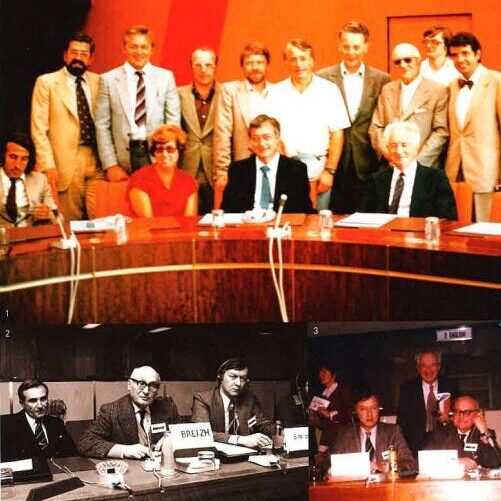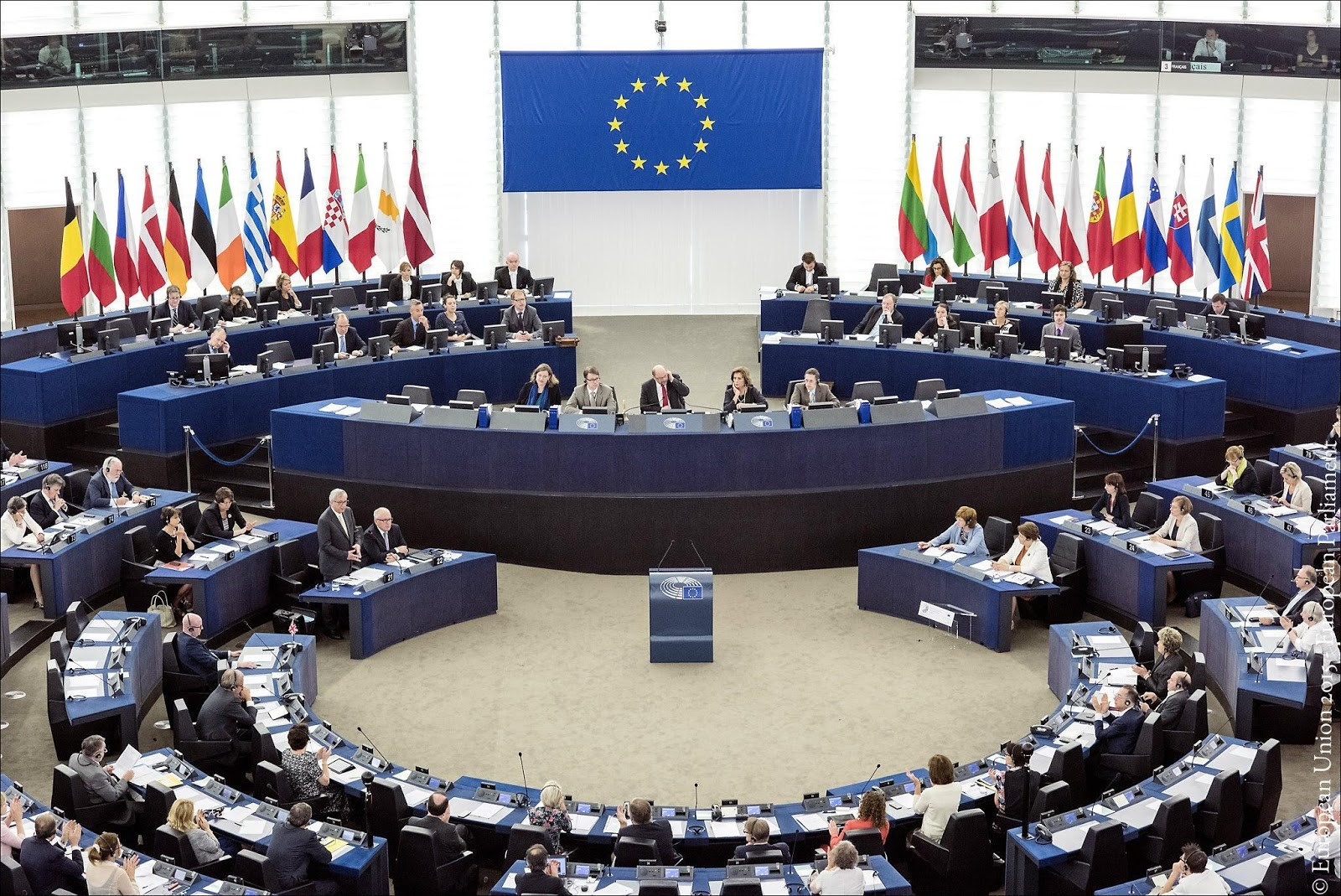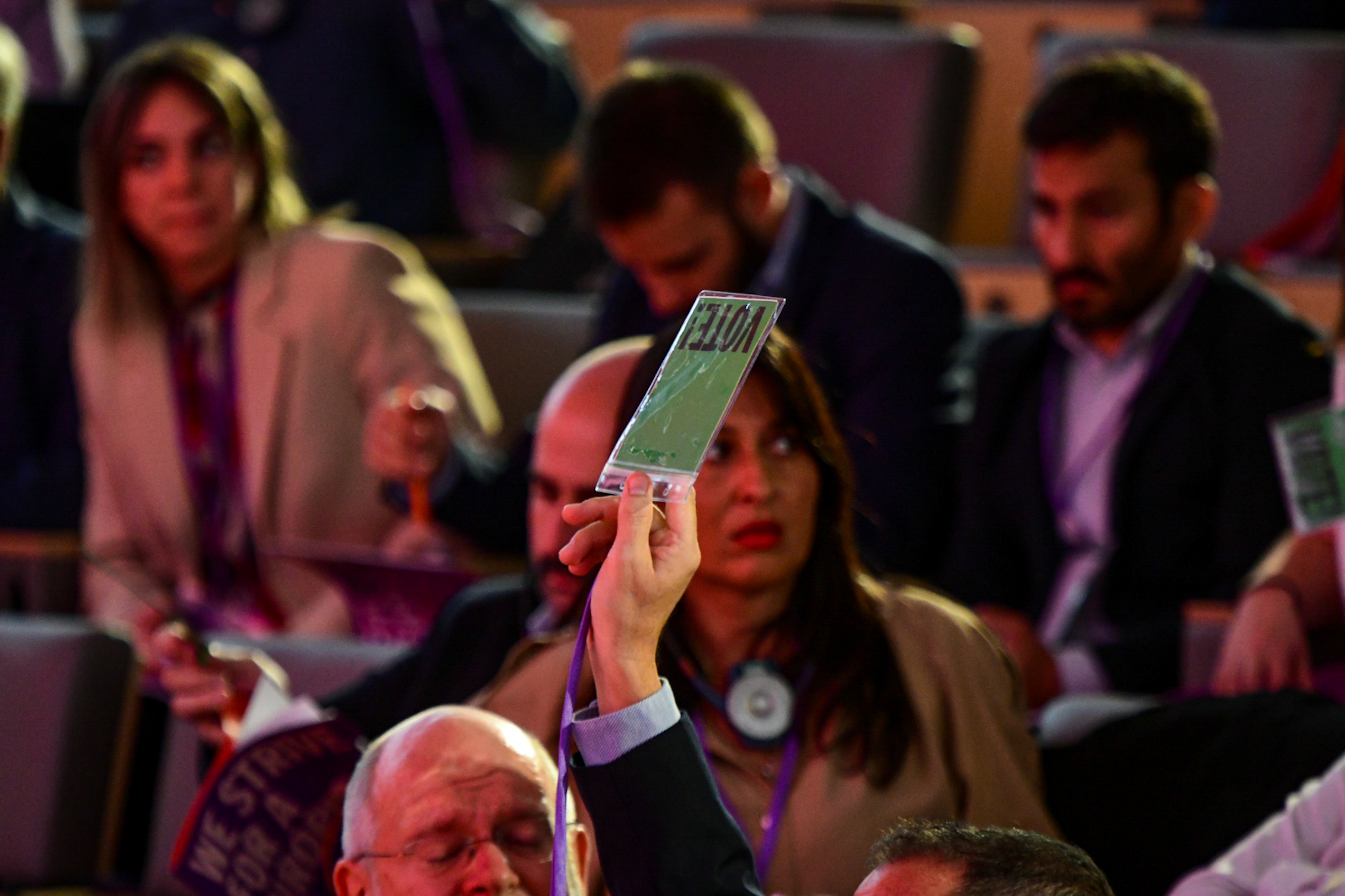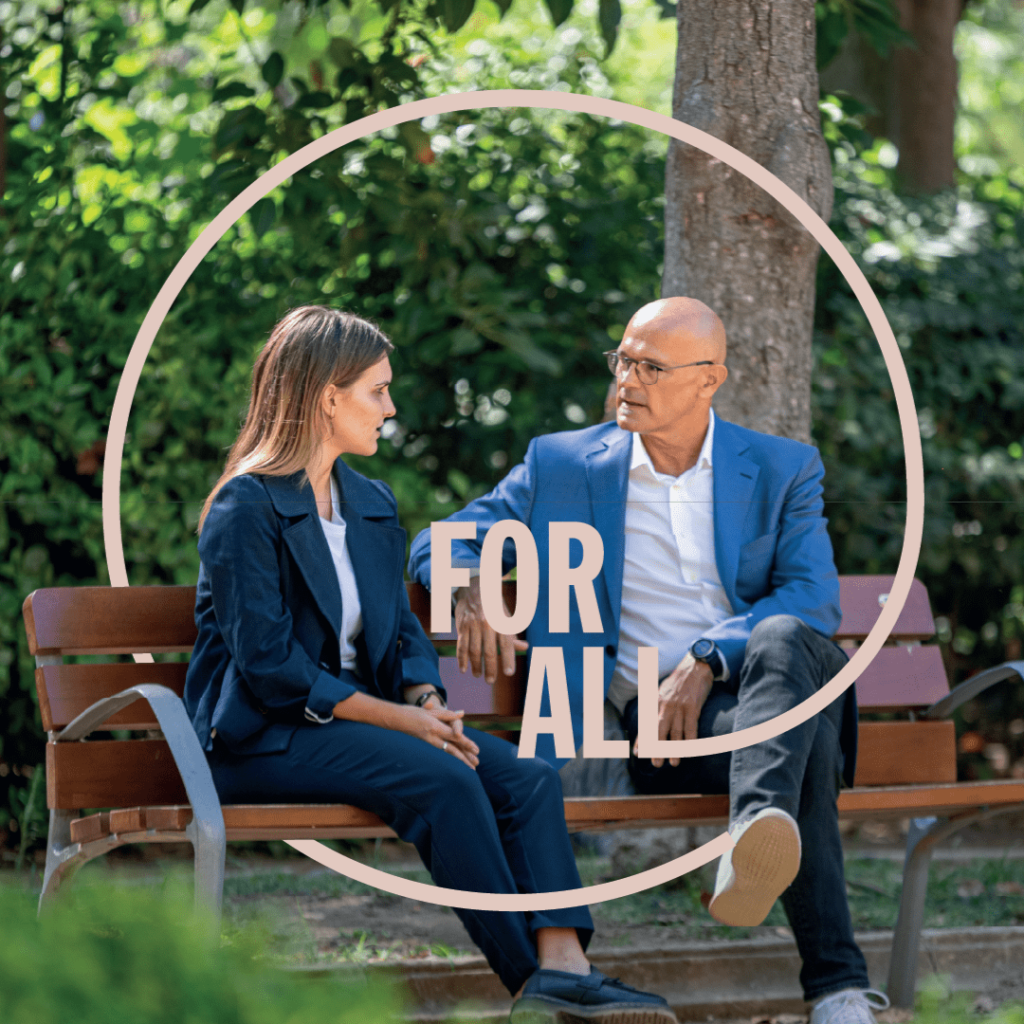History
For over 40 years, EFA has been fighting for self-determination, freedom, and democracy. Its roots trace back to the summer of 1979, when a group of democratic nationalist and regionalist parties joined forces to defend the idea of a “Europe of the Peoples”. They signed of the “Charter of Brussels” and the “Declaration of Bastia”. That same year, the European Parliament, which had long been a consultative body, gained significant legislative powers, becoming one of the world’s most influential legislatures.
In 1981, the European Free Alliance (EFA) was officially with 9 partners signing the “Declaration of the Brussels Convention”. This marked the creation of the first lasting association of democratic nationalists, regional autonomists, and independence movements, coinciding with the European Parliament becoming a directly elected representative institution. In this way, EFA is a child of European representative politics.
Since then, EFA has been an active player on the European political stage. EFA has had representation in the European Parliament since the very first elections. Even before its formal foundation, Maurits Coppieters, a member of the Flemish party Volksunie and one of EFA’s founders, was elected to the European Parliament in 1979. Since then, numerous EFA MEPs continued Coppieters’ mission through their membership of different political groups.
In 2004, the European Parliament introduced a new framework to distinguish between European Parliamentary Groups and European political parties for reasons of transparency and democracy. Since then, EFA has been officially recognized as a pan-European political party, a status it holds to this day.
In the 2019 European elections, the European Free Alliance participated with a Spitzenkandidat for the first time. Nevertheless, there was no official Europe-wide campaign, as the chosen Spitzenkandidat, Oriol Junqueras, was imprisoned at the time. He was unfairly paying for organizing the 2017 democratic referendum on Catalonia’s independence.
Finally, in 2024 EFA was able engage for the first time in a pan-European campaign for the EU Elections. Former Junqueras’ cellmate, Raül Romeva, together with the young politician Maylis Roßberg, were chosen as Spitzenkandidat tandem. They were responsible for bringing EFA’s message to every corner of the EU, and for making the voices of all the unheard peoples – stateless nations, regions and minorities – heard in Brussels.

Chronology

Signing of the Charter of Brussels and the Declaration of Bastia: democratic nationalist and regionalist parties decide to cooperate for a "Europe of All Peoples".

Foundation of the European Free Alliance with the Declaration of the Brussels convention.

EFA is recognised as a European Political Party by the European Parliament.

EFA choses Oriol Junqueras (in prison) as a symbolic Spitzenkandidat for the EU 2019 elections.

The European Free Alliance holds its first Congress ever.

EFA engages for the first time in the EU elections campaign with 2 Spitzenkandidaten.